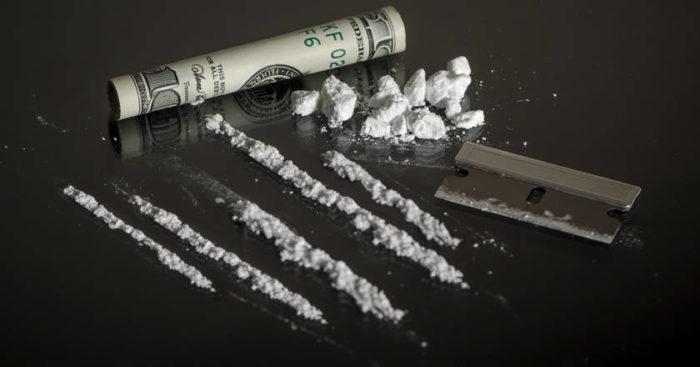Trying to lead an addict to admit their addiction or that they are hurting others (or themselves) is like trying to catch a fish with your bare hand.
I spoke recently with a guy who went through Alcoholics Anonymous.
I tried to show him that we are addicted to behaviors that pollute and deplete. He agreed with that assessment. He agreed he was once addicted to alcohol, but he wouldn’t acknowledge that he was experiencing addiction with his polluting, depleting behaviors.
To clarify, he didn’t disagree with anything. He just wouldn’t acknowledge he was addicted today. He acknowledged that he wouldn’t say he was addicted when he was addicted to alcohol, but wouldn’t see that that denial could be happening now. He even acknowledged that addicted people deny, acknowledging the phrase “denial means don’t even notice I am lying.”
You will go crazy trying to get an addict to acknowledge their addiction and that they are hurting others or themselves.
His Situation Is Common: We’re addicted to polluting but won’t acknowledge it.
I recently met with a bunch of NYU students engaged on sustainability. Like him, they acknowledged behaviors polluted and depleted, but they would never acknowledge that their behavior polluted and depleted.
I think we know inside, but we don’t want to face the emotions that would result from voicing our complicity and complacency—mainly guilt and shame. So part of our minds diverts our awareness from that complicity. It tells us we’re helpless and powerless, anything but active.
Sadly, we are powerful. This self-protection prevents us from action. Which re-activates that denial.

Read my weekly newsletter

On initiative, leadership, the environment, and burpees
Pingback: One reason why talking to addicts about their addiction goes nowhere » Joshua Spodek